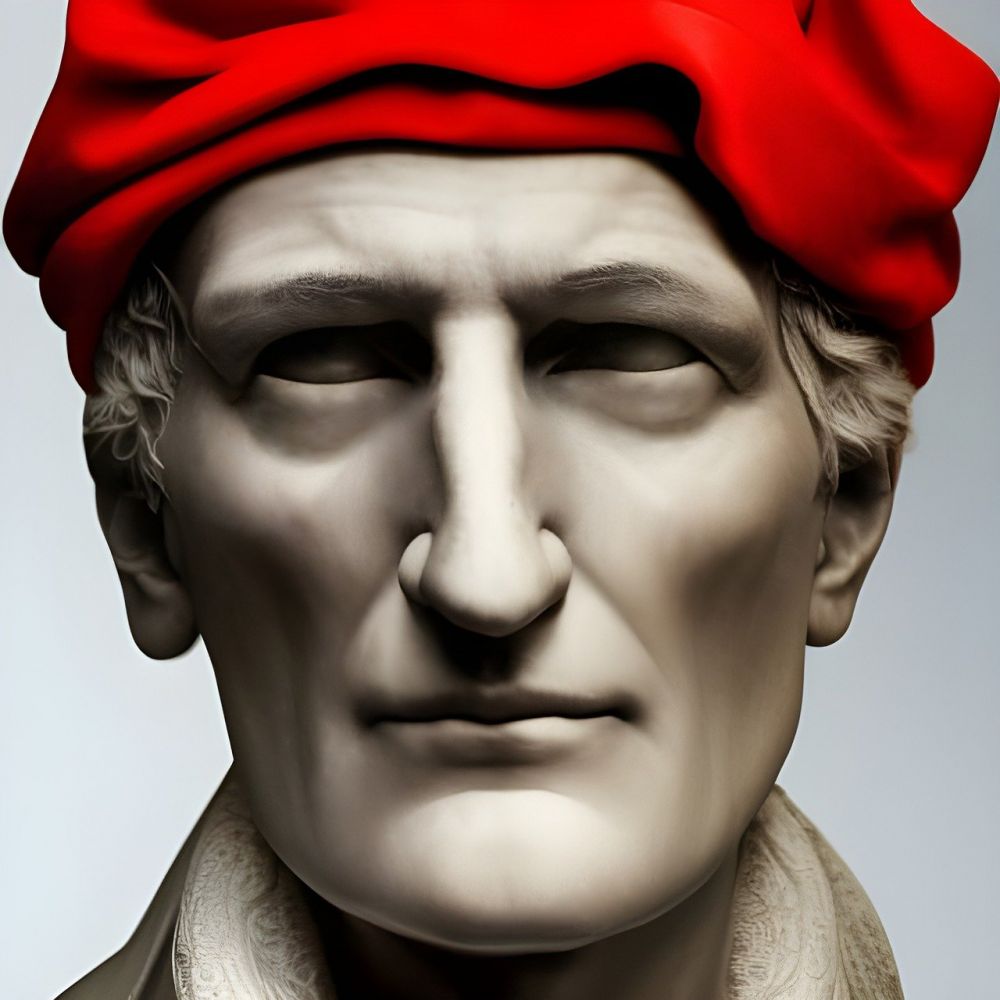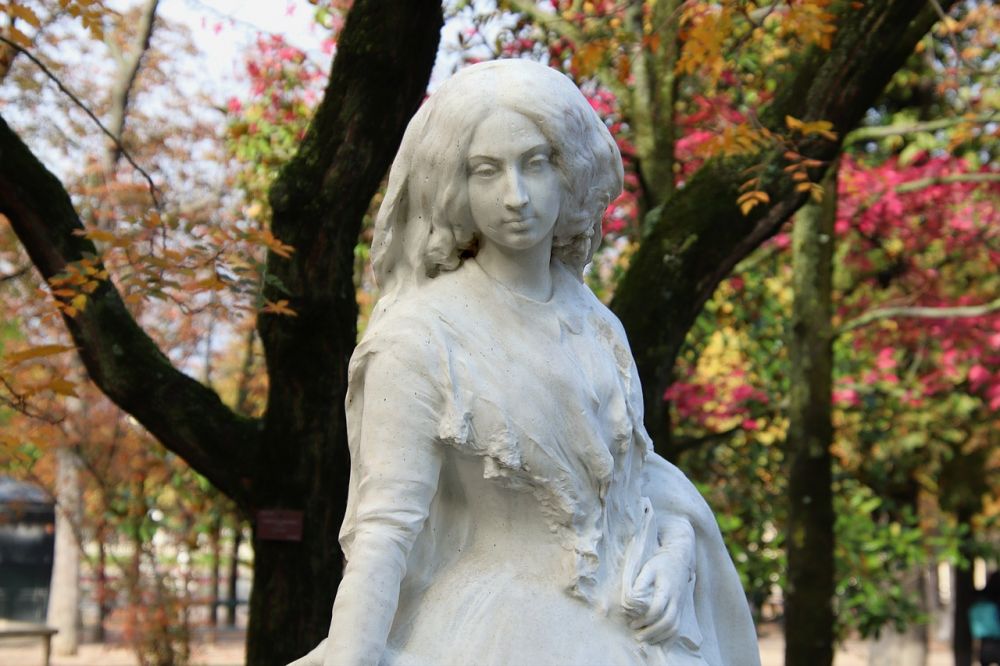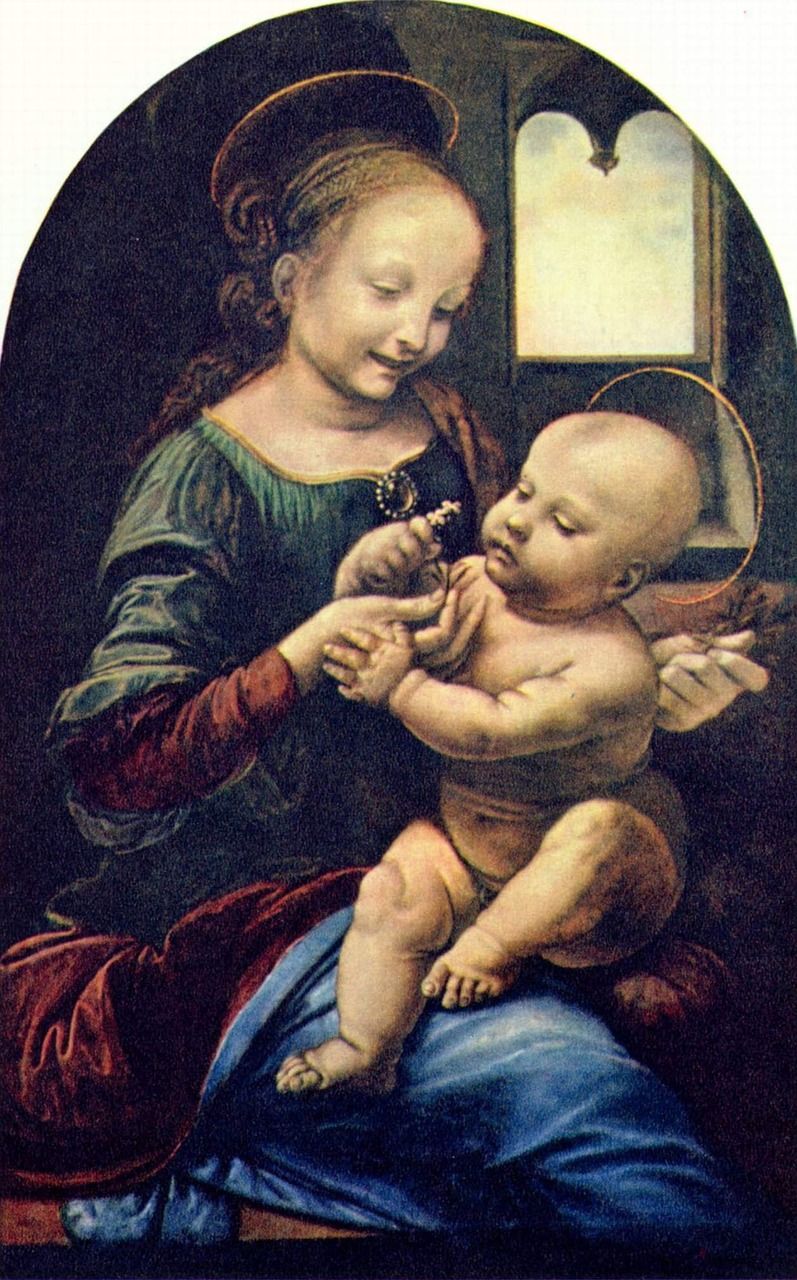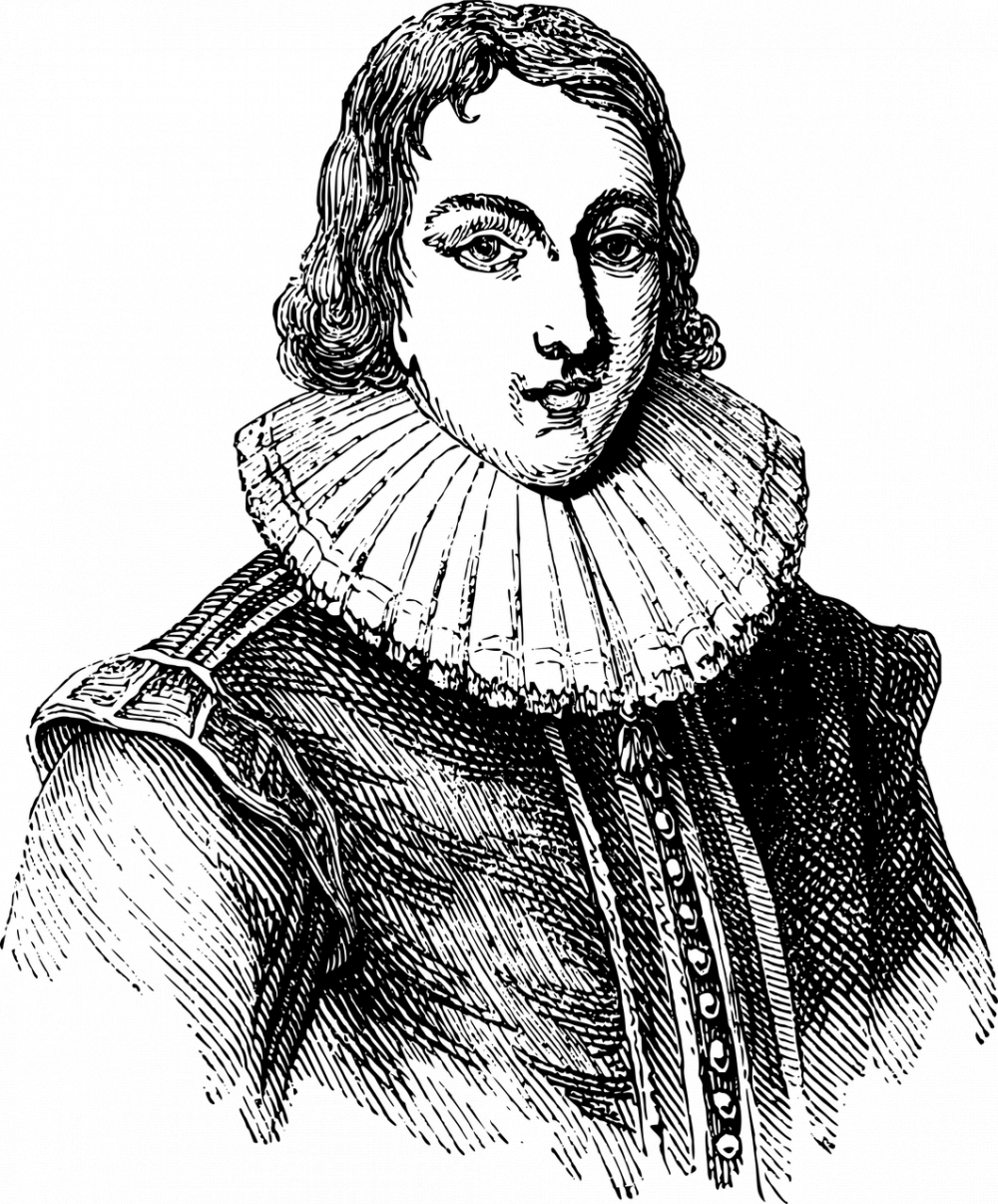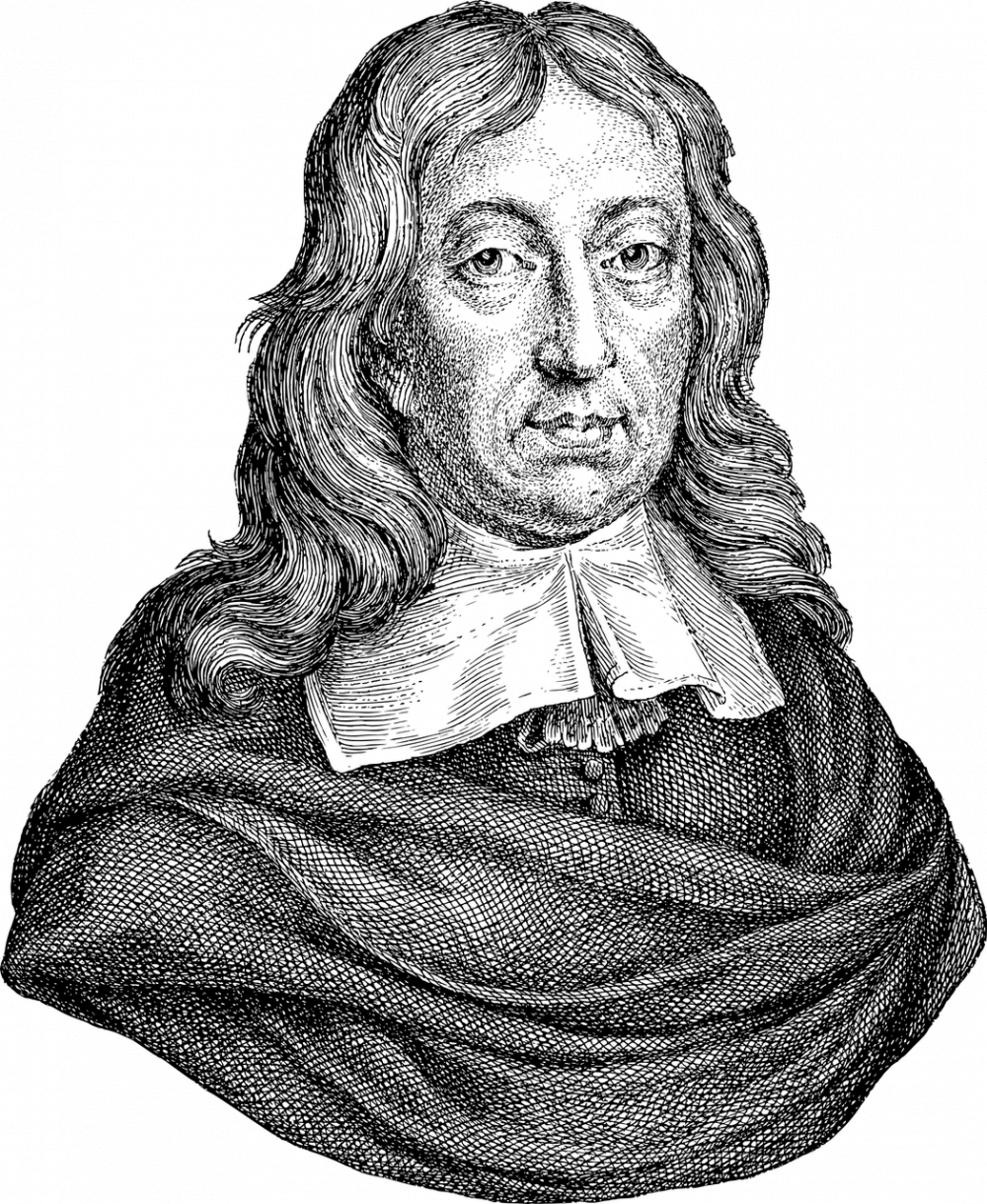Homers Odyssey: An Epic Journey through Time

Introduction:
Homers Odyssey is one of the greatest epic poems of ancient Greece, captivating readers and scholars alike for centuries. This masterpiece, believed to have been written by the Greek poet Homer during the 8th century BCE, tells the tale of the heroic Odysseus and his ten-year journey back home after the Trojan War. In this article, we will delve into the world of the Odyssey, exploring its significance, historical evolution, and enduring legacy.
1. The Epic Tale:

The Odyssey follows the adventures of Odysseus as he faces numerous challenges, encounters mythical creatures, and battles his way back to his beloved wife Penelope and their homeland, Ithaca. The poem encompasses themes of heroism, loyalty, love, and the human quest for identity and purpose. It serves as an intricate portrayal of the human condition, offering profound insights into human nature and the struggles of life.
2. Historical Development:
The Odyssey has a rich historical background, shaping the world of literature across different periods. Initially, it was transmitted orally, with bards reciting the tale from memory. This oral tradition allowed for variations and embellishments, giving rise to different versions of the poem. Later, the Odyssey was transcribed into written form, further solidifying its influence.
a. Influence in Ancient Greece:
During ancient Greece, the Odyssey was cherished as an essential part of the cultural fabric. It served as a source of moral and ethical teachings, highlighting the virtues of bravery, cunning, and loyalty. The poem offered the Greek society a shared narrative, connecting individuals through a common heritage.
b. Preservation and Rediscovery:
Despite the passage of time, the Odyssey remained resilient in human memory. The work was preserved through the efforts of poets, scholars, and scribes who transcribed and copied it painstakingly. Its survival allowed for its rediscovery during the Renaissance period, sparking a renewed interest in Greek classics and their profound impact on European literature and thought.
c. Influence on Modern Literature:
The Odyssey has had an enduring impact on Western literature, inspiring countless authors and artists. Its influence can be seen in works such as James Joyces Ulysses, which transposes the poem into a 20th-century Dublin setting, and Margaret Atwoods Penelopiad, which retells the story from Penelopes perspective. This testament to its timeless themes and universal appeal solidifies its position as a literary masterpiece.
3. Structure and Themes:
The Odyssey consists of 24 books, written in dactylic hexameter, a rhythmic meter commonly used in ancient Greek poetry. The narrative is divided into three main sections: Telemachy, Odysseus adventures, and his return to Ithaca. Throughout the poem, various themes emerge, including the importance of perseverance, the consequences of hubris, the power of storytelling, and the role of the gods in human affairs.
4. Legacy and Cultural Influence:
The Odysseys impact extends far beyond the realm of literature. Its influence can be seen in fields such as art, music, and even popular culture. Its characters and motifs have been depicted in countless paintings and sculptures, and its storyline has provided inspiration for operas, films, and theatrical adaptations. Even today, the Odyssey continues to captivate audiences across the globe, reminding us of the enduring power of storytelling.
In conclusion, Homers Odyssey remains a timeless masterpiece, defying the constraints of time and captivating generations of readers and scholars. Its epic tale of Odysseus journey serves as a reflection of the human experience, exploring universal themes and leaving an indelible mark on the cultural landscape. As we continue to delve into its depths, we are reminded of the power of literature to transcend boundaries and connect us with the essence of what it means to be human.
Sources:
– Bloom, Harold. “The Odyssey. Chelsea House Publishers, 2007.
– Nagy, Gregory. “Homer’s Epic: The Odyssey.” The Open Yale Courses Series, 2010.
– Stanford, William Bedell. “The Odyssey of Homer.” Macmillan and Company, 1897.
